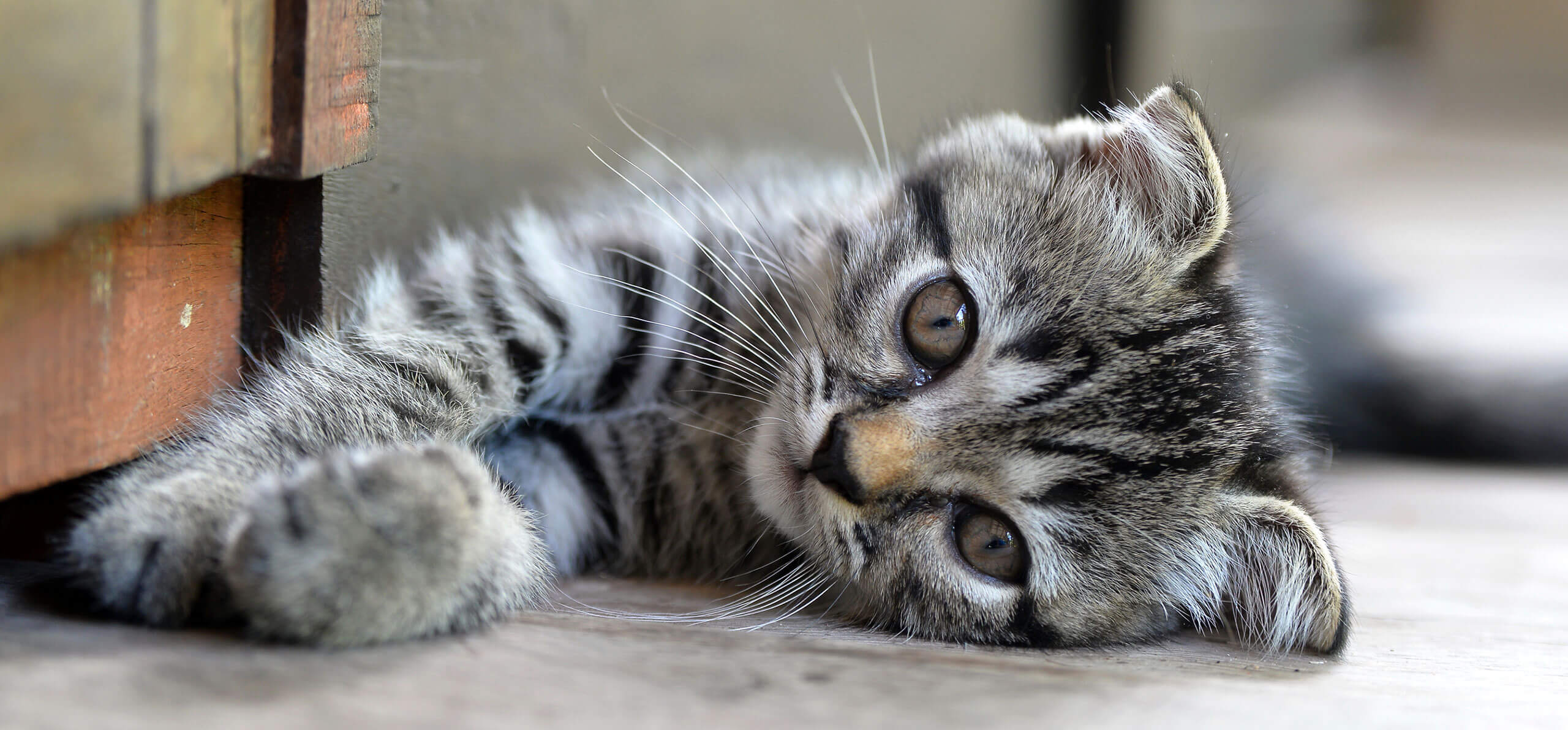If you’re familiar with puppies, don’t expect to train kittens the same way.
Cats are extremely intelligent and can be trained to use litter boxes, obey commands and even perform adorable tricks. Just keep some of these basic training steps in mind:
Keep it positive.
Positive reinforcement is the best way to train anyone, humans and furry friends alike. Sometimes loving gestures make the best praise of all.
Make it fun.
Felines are foxy and need both mind and body stimulation. Make training a fun game kittens will want to play. Most pets are motivated by treats, but you can also lure them with rewards like a game of feather wands or other toys that include exercise as well.
Treat well.
Chewy, savory, delicious treats are obvious training tools. You can even dice chicken into tiny cubes or give tuna chunks as special treats. But save the special treats for specific behaviors or commands you want your kitten to learn.
Practice. Reward. Repeat.
Connect a particular reward with the desired behavior and stay consistent for each repeated behavior.
However, walk a fine line between practicing the behavior and not tiring your cat out. Repetition is important but you don’t want to bore or fatigue her or she won’t have a positive connection with the desired behavior.
Trick? Just click.
Treats work extremely well, however you don't want to add excess calories to your kitten’s diet. Clickers are great no-calorie tools. Introduce your kitten to the clicking sound when you treat her for a good behavior. Eventually, your kitten will associate the right behavior and subsequent treat with the click. Soon you can wean the treats out entirely and simply reinforce your kitten with the “positive” sound.
Timing is everything.
Don’t wait to reward your feline or she won’t associate the action with the positive reinforcement. Be prompt and consistent when rewarding behaviors and the connections will stick.
If you experience training difficulties, don’t give up. Sometimes cat behaviorists can uncover the root of certain problems and can give you helpful solutions. Most kittens are willing and able to learn. You just have to have patience, persistence and lots of love, like anything worth pursuing.

